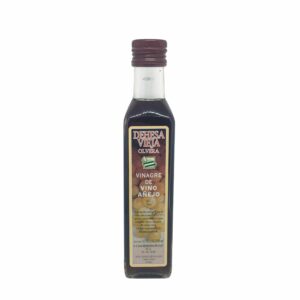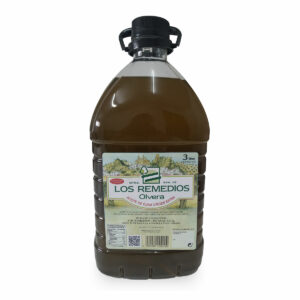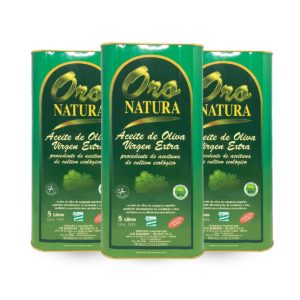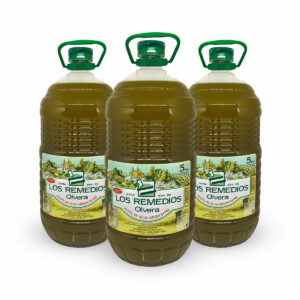Parasitosis CAUSE SERIOUS ECONOMIC LOSSES which can be avoided
Last September took place in the Cooperativa an interesting talk about Parasitic Diseases in sheep and goats, by Professor of the Faculty of Veterinary Cáceres Dña. Eva Frontera. Here we present a summary of the paper.
Parasitic diseases of our cattle cause serious economic losses in general. Parasites can be throughout the body (systemic parasitosis), in the blood, in the liver, in the intestines, in the lungs and skin.
Systemic parasitosis (throughout the body)
– Toxoplasmosis. This parasite affects mainly the reproductive tract. Goats and sheep suffer abortions. It is transmitted to people. Dangerous for pregnant women. Cats are a critical role in transmission and maintenance.
– Cestodosis. Hydatid cysts are produced in the liver and other organs. There is also the Coenuro, which it occurs in the head (sheep modorra). In its life cycle involving dogs, which host some worms that produce eggs (expelled in faeces) that contaminate food animals. When cattle eat those eggs are released larvae will liver, lung, brain etc.. When the bodies are consumed by dogs full circle of the parasite. To be avoided to prevent corpses and often deworming dogs with Praziquantel (very cheap antiparasitic for dogs).
Blood parasites
– Babesia and tehileria. They are transmitted by ticks and sometimes injections. Affecting red blood cells. break them, and the animal suffers from anemia, jaundice (yellowing). It is necessary to prevent infestation by tick vectors.
Parasites of the Liver : Fasciola. It is the most important parasite of the liver. In its cycle involving a water snail, so we will have only in very wet areas or on farms that have permanent ponds or rivers all year. In our region there have been problems in the area of Grazalema towards Algeciras. In addition to using specific antiparasitic should include the fight against snails by drying ponds, placing high sprues, fencing rivers, Use of ducks eat snails, etc. But the vast majority of farmers will not fasciola (We live in the dry Andalucía).
Intestinal parasites
– cryptosporidia. It affects animals 1-15 days of life. Diarrhea causes severe. Together with the bacteria E. Coli causes diarrhea and almost all of goats and lambs drinking. It is its own antiparasitic, lactate fuginona.
– Coccidios. It is a parasite that affects sheep-kids-calves from 15 days to 6 months. An egg to eat an animal out 1.000.000 in a few days. At the end of the medium in which the animals live is filled with an infinite number of oocysts, which end up being swallowed and cause serious infestations especially on farms with high density of animals and very little dirt or cleaning. This disease kills between chivas 1-3 months in large numbers, and those who survive are very thin and goats are never good. Although there are good products for control via feed, these medications linked to food are still limited, so it will be necessary to resort to Diclazuril and Toltrazuril when necessary. Diagnosis is very easy.
– Gastrointestinal nematodes. Worms are typical of the intestine. When a farmer speaks generally of parasites refers to this group. Cause damage to the intestine, diarrhea, loss of growth, etc. They usually have direct cycles: The cattle eliminates eggs in faeces. After a period of 2-3 weeks the larvae hatch, they need wet rainy seasons and to live in the green grass. The grazing animals eat grass infested larvae and intestine are replayed worms. A very important detail is that the "gusanas" "know" when our sheep, goats and cows to calve, so get massively produce eggs with the aim of polluting the environment where it will be born the new animal and the guarantee so that became infested with the newborn as soon as possible. Goats in a pen stuck throughout his life can hardly have this kind of disease, because it is impossible that it can close the circle: no grazing, no green grass.
– Lung nematodes. They are the worms that live in the lungs.
– Intestinal tapeworm. In this case these worms are flat and very long, Tapeworms are.
Skin parasites. Ectoparásitos
– Oestrus ovis. Worm nose. He lives in the nose and throat of goats and sheep. When the larva is big drops to the floor, mature into a fly flies over the animals and shoot the tiny larvae on the noses of the animals and people. It is when we say "screwed up you fly". It is very annoying, and can even cause serious damage to throat, nose, even brain.
– Sarna. Lives on the skin causing great itching. Animal despairs, booting wool, it fell's down, You lose a lot of weight.
– lice. Fleas.
– cutaneous myiasis. Bicheras. They are larvae infestations of flies that lay eggs in wounds or vaginal area of females or the prepuce (penis) males. Causing a trickle of incessant problems.






